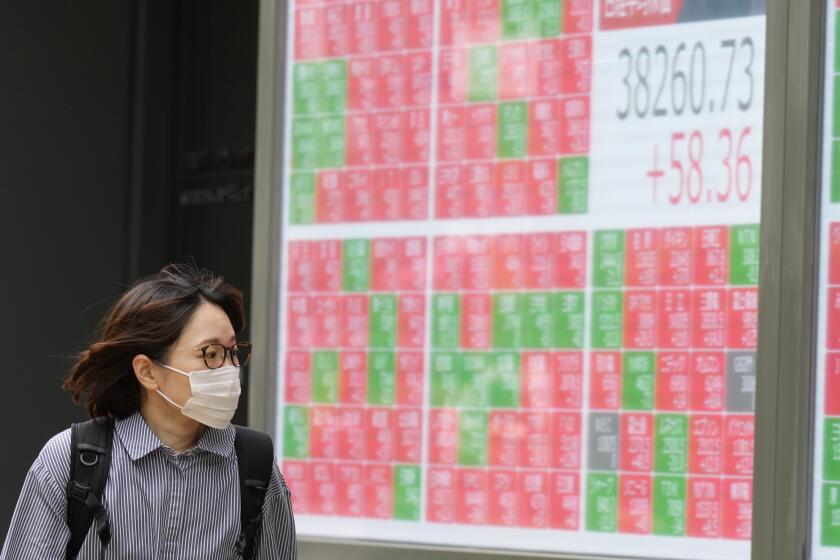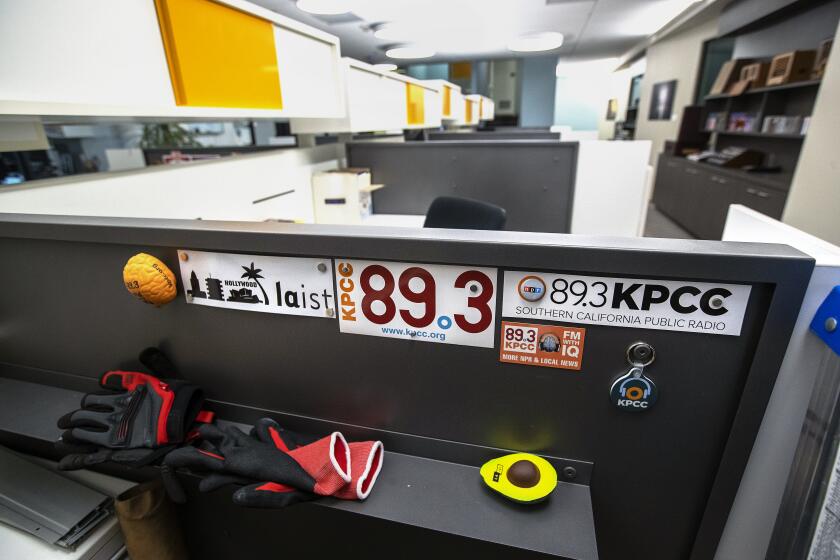Investors Can Guard Themselves Against Fraud
When Willie Sutton was asked why he robbed banks, he responded, “Because that’s where the money is.”
If the infamous thief were alive and plying his trade today, he might work a reference to mutual funds into his answer.
The highly visible growth of the mutual fund industry has, unfortunately, attracted the attention of criminals. Bad checks and other kinds of fraud against fund companies by unsavory characters take a toll, though precise figures aren’t available.
It’s hard to measure the scope of the problem, because fund companies are only now starting to share crime information with each another through a centralized database. And firms are somewhat reluctant to publicize such matters for fear it might shake investor confidence. However, in most cases, shareholders acting responsibly are not accountable for fraud in their accounts.
“My general impression is that there is more fraud,” says Natalie Shirley, vice president and general counsel at ICI Mutual Insurance Co., a Washington firm that operates the 2-year-old database.
“But I don’t sense that there’s rampant or widespread fraud,” she says.
Fund companies have very good safeguards in place for detecting fraud, according to Shirley. If more infractions are being noted, that may have something to do with the industry’s larger size and better detection devices.
One characteristic of mutual fund fraud is that it tends to be concentrated around money market accounts with check-writing privileges. Shirley says she is aware of three fund companies that have lost at least $200,000 each from illicit check-writing activity within the past year or so.
The most common scheme involves check kiting, whereby a person writes checks against a fund account knowing that there is not enough cash to cover the transactions. Merchants who accept these checks are the ones who usually get burned.
More troublesome for fund companies is the theft of valid checks from legitimate shareholders, Shirley says. Because there is cash behind them, these checks will usually clear, and a couple of months may pass before the fund company, merchant and investor find out.
Shirley speculates that some such checks are stolen in shipment, but she points out that others are nabbed by people close to an investor, such as a relative.
In such cases, state laws outline when the shareholder or the fund company might be liable, Shirley says.
The scope of such check crimes has decreased from the 1970s, says Joseph A. Recomendes, president of the MFS Service Center, a division of Massachusetts Financial Services of Boston.
Those were the early days of money market funds, and fund companies were still getting their feet wet handling checks and their attendant bank-like features. More effective safeguards have since been installed, he says.
Other examples of fraud involve counterfeit checks--more easily produced today with advanced copying machines--and forgeries that make use of fake signature-guarantee stamps. The signature-verification procedure, performed by banks, typically applies to share redemptions worth more than $50,000.
But not all mutual fund improprieties involve outside parties.
Recomendes tells of a supervisor who worked for an independent transfer agent--a company responsible for maintaining shareholder records. The supervisor was caught entering trades to her personal accounts at favorable prices. She had been able to conceal this by entering her trades at the computer terminals of other employees who were away from their stations while still logged on.
The same supervisor also was found to have manipulated the personal account information of a fellow employee she held a grudge against. The supervisor was fired, Recomendes says.
Dormant shareholder accounts and those owned by investors no longer living at the address of record are most vulnerable to internal manipulation, according to Recomendes.
But manipulation of records by outside computer users also presents a danger. Recomendes says hackers haven’t caused losses yet, but they are considered a significant threat.
“The trend is to let more outside people into your system, such as broker-dealers who want to look up information on an account,” Recomendes explains. “While this has improved the speed and accuracy of providing service, the downside is that it gives more opportunity to hackers.”
*
So what can fund investors do to reduce the admittedly low chances of being victimized or having their financial affairs disrupted? Here are some suggestions:
* Lean toward large, well-known fund families for the bulk of your investing.
“You want a family with deep pockets and a reputation to uphold--a firm that will be quick to cover their tracks and make investors whole” in the event of losses, says Jay Schabacker, an investment newsletter editor and fund book author in Potomac, Md.
Schabacker says he likes to stick with roughly the 50 largest firms, most of which are well-known from the advertising they do.
* Sign up for the wire-transfer redemption privilege, which allows you to wire proceeds to your bank when you decide to sell shares.
“There’s no chance of fraud with a wire-transfer arrangement,” says Stanley Egener, president of Neuberger & Berman Management in New York. “From an investor’s standpoint, it’s foolproof.”
* Be careful to guard your account statements, checks, Social Security number and other account particulars.
“We see a fair number of checks and shareholder ID numbers stolen by someone close to an investor,” says Shirley. “You need to safeguard these.”
* Don’t sign up for check-writing privileges if you don’t expect to make much use of this service, as this is the area where most fund fraud occurs.
* Verify checks and account statements for accuracy. And if you have moved recently, make sure the fund company has your current address.
In the overall scheme of things, third-party fraud isn’t something you should spend much time worrying about.
The vast majority of fund groups are highly responsible, vigilant and reputable. If there hasn’t been much publicity in this area, it’s because investors generally haven’t been harmed.
In fraud does occur, losses would most likely be absorbed by the fund company, the transfer agent, an insurance company or a merchant, but not innocent investors.
“The party who doesn’t pay is the shareholder,” says Recomendes. “Customers are always made whole.”






